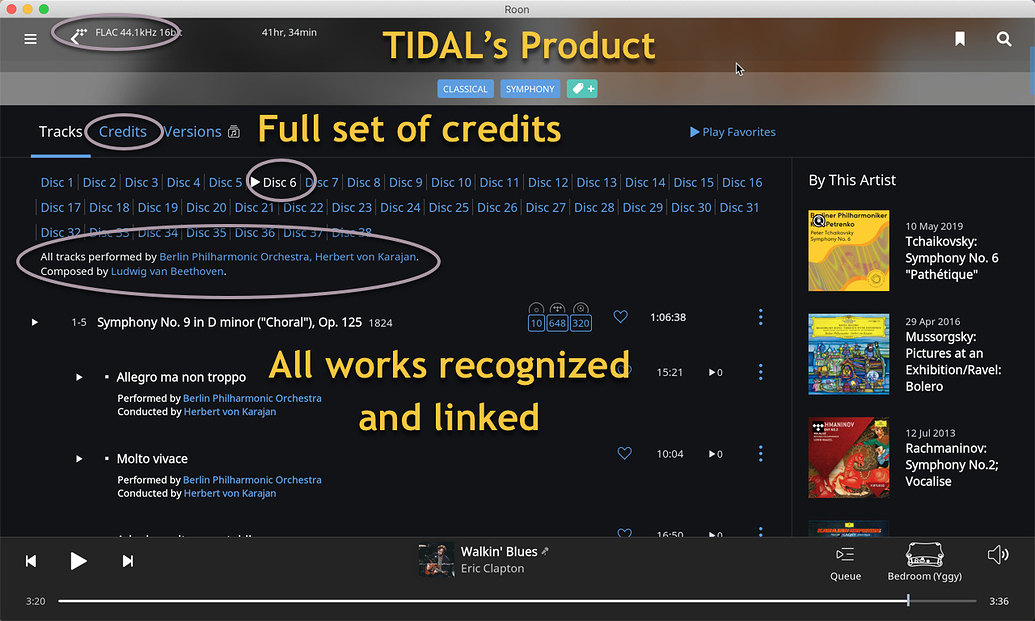



- #AMAZON MUSIC HD VS QOBUZ FOR FREE#
- #AMAZON MUSIC HD VS QOBUZ ANDROID#
- #AMAZON MUSIC HD VS QOBUZ TV#
I don't know much about Deezer other than that it has a lossless tier (which I love) and it doesn't have Roon integration (which is a dealbreaker for me).
#AMAZON MUSIC HD VS QOBUZ ANDROID#
Quboz is expensive (25€/m) but works! And quality is great! It is not supported by HEOS but I can use either Bubble uPnP or Android app thru Chromecast and tracks are played at their max available quality.
#AMAZON MUSIC HD VS QOBUZ TV#
Bubble uPnP does not support Amazon Music HD and there's no Andorid TV app either. HEOS app supports Amazon Music HD and delivers UHD tracks but personal playlists and favorites are not supported, so you can either listen to their public playlist or to albums, but you need to search for the album or the artist every time 8as i said: no favorites here). Amazon Music HD does not play well with Chromecast and lowers quality from UHD to HD (16bit/44KHz) when app conencts to the Chromecast.
#AMAZON MUSIC HD VS QOBUZ FOR FREE#
I have tried AMAZON MUSIC HD (available for free for 3 months then 14,99€/m) which provides hi res files (named ULTRA HQ) in standard FLAC format at 24bit and 44/92/192KHz: worst experience ever. Besides, unless your amplifiers provides the info, you cannot tell in any way bit/KHz of the song being played. I used to have TIDAL HiFi (19.99€/m) just to fuind out that MQA is just a gimmick and is not supported by Chroemcast, by Bubble uPnP and by HEOS (the official uPnP app for Marantz/Denon): the only way to get MQA tracks was to use the Android TV all (I have an Nvidia Shield TV 2019). When comparing them at this level it's basically going to come down to who has the best sounding source recordings sitting in their audio libraries - And who does the best job at mastering and archiving their audio data - And who can better deliver that audio thru the network endpoints to the customer. Pick ONE resolution for ALL tests on BOTH platforms. Of course it sounds better since the Qobuz track used a ton more data to depict the track. Keep in mind that NO fair test result can be made by comparing apples to oranges like - playing the same track off Tidal at 16bit/44khz and off Qobuz at 24bit/192khz, and then saying "hmm, yeah, Qobuz sounded better". It's either or THESE are what you're paying for when they tell you this is a "HI-FI" service. Set the streamers up for the SAME audio quality - if we're comparing the two then ANYTHING to do with MP3 is disqualified off the bat no matter what the resolution. not a "smartphone" in your car in the parking lot) like a good desktop with a decent playback system. Pick good equipment with non-sketchy network access (i.e. Since both services are supposed to offer CD quality (that's 44khz sample rate, at 16 bits sample) AND this resolution is readily available on the lowest priced "plans" it would seem a good place to start to compare the two. As long as either service has a decent SEARCH function the rest is rather inconsequential. As far as which app is more intuitive or who's superfluous services are better seems like mostly semantics rather than being heavily inclusive for making a judgement on how well the two perform SONICALLY. I see people commenting about "sound quality" a quite a bit but it all reads like just a lot of subjective opinions.


 0 kommentar(er)
0 kommentar(er)
